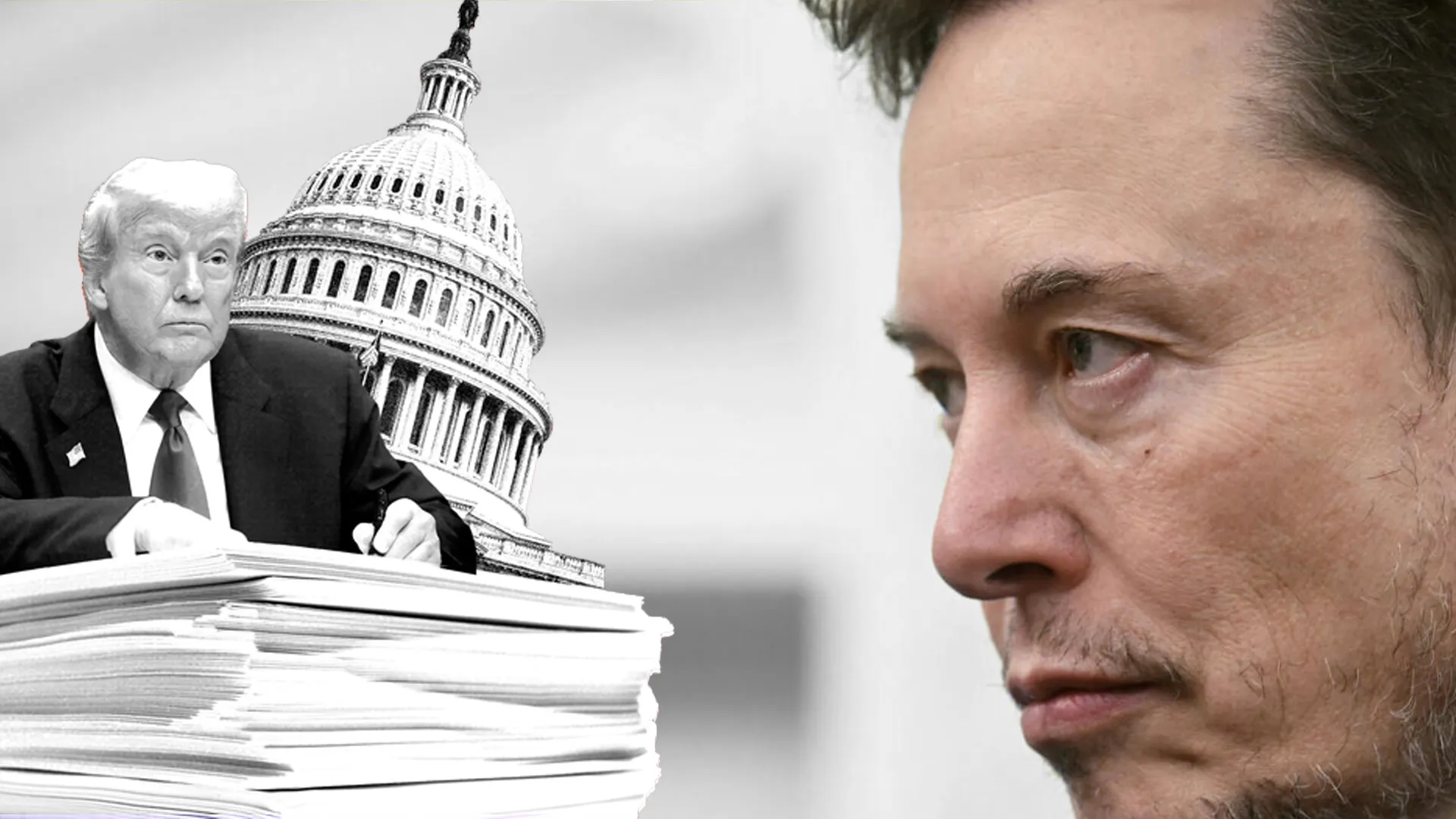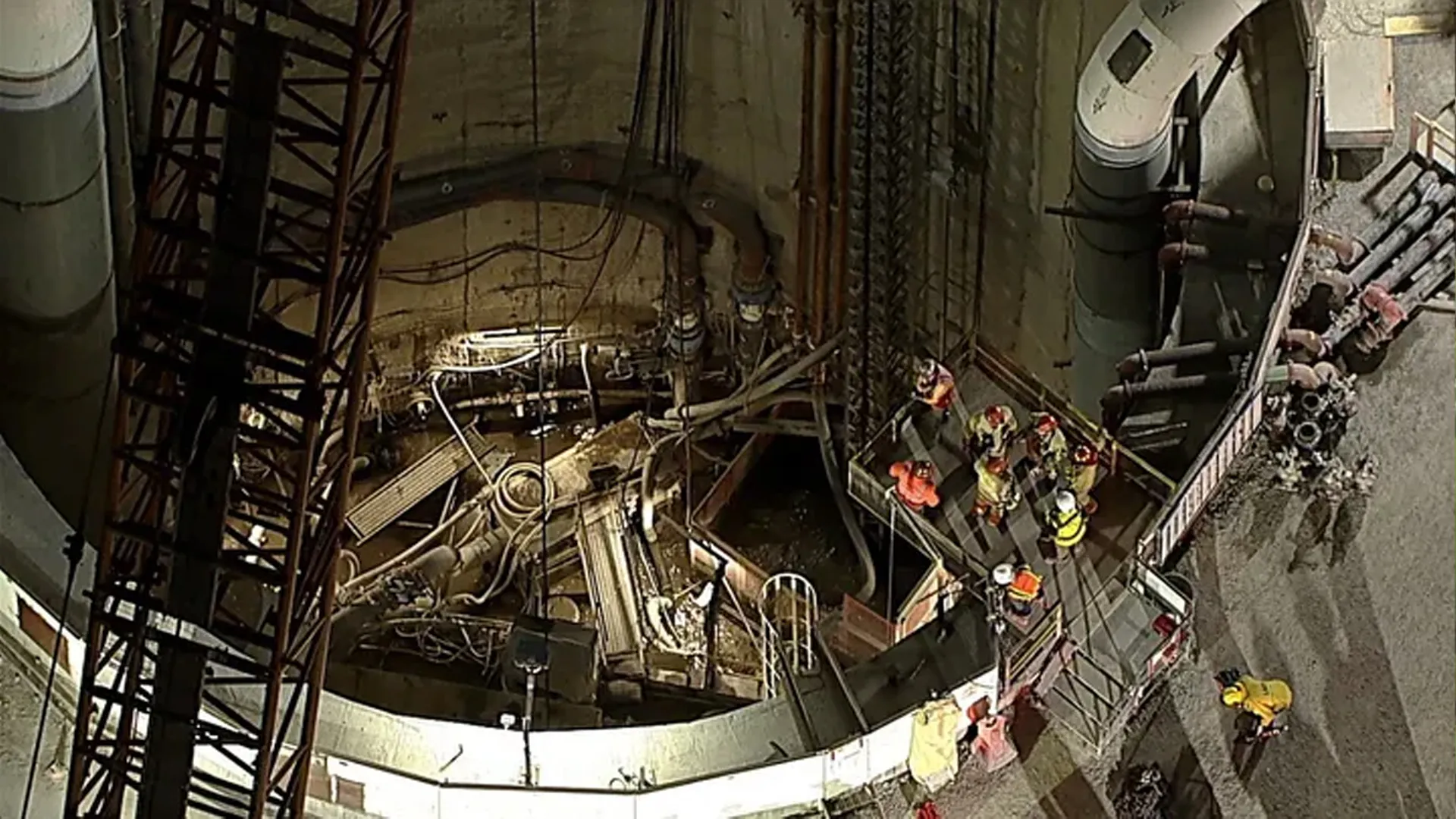Billionaire entrepreneur Elon Musk has officially announced his exit from the Trump administration, bringing an end to his short-lived but high-profile advisory role focused on reducing federal government spending. Musk led the Department of Government Efficiency (DOGE), an initiative aimed at streamlining public sector operations and cutting waste.
In a post on his social media platform X, Musk thanked President Donald Trump and reiterated his commitment to the DOGE initiative.
“As my scheduled time as a Special Government Employee comes to an end, I would like to thank President @realDonaldTrump for the opportunity to reduce wasteful spending,” Musk wrote. “The @DOGE mission will only strengthen over time as it becomes a way of life throughout the government.”
As my scheduled time as a Special Government Employee comes to an end, I would like to thank President @realDonaldTrump for the opportunity to reduce wasteful spending.
The @DOGE mission will only strengthen over time as it becomes a way of life throughout the government.
— Elon Musk (@elonmusk) May 29, 2025
Term Limit on Government Role
One of the primary reasons for Musk’s departure lies in the legal limits governing his role. As a Special Government Employee (SGE), Musk could serve only 130 days in 365 days. His term was always intended to be temporary, with his scheduled end around late May 2025.
These restrictions meant that Musk’s advisory capacity would end regardless of political or operational circumstances. Still, recent developments hastened his exit.
Clash Over Trump’s ‘Big Beautiful Bill’
A key turning point in Musk’s tenure came when he publicly opposed President Trump’s flagship spending legislation. Known informally as the “Big Beautiful Bill,” the law aims to combine tax cuts with increased immigration enforcement, while reducing overall federal expenditure.
Elon Musk criticized the bill during a CBS interview, calling it a “massive spending bill” that worsens the federal deficit and “undermines the work” of DOGE.
“I think a bill can be big or it could be beautiful, but I don’t know if it could be both,” Musk added.
The stark policy disagreement placed Musk in direct conflict with the administration’s priorities, creating an untenable situation for his continued role.
Bureaucratic Resistance Slows Reform Efforts
Elon Musk also encountered deep frustration with the federal bureaucracy. He admitted to underestimating the difficulty of achieving reform within Washington’s entrenched institutions.
Speaking to the Washington Post, Musk said the experience was “much worse than I realized” and described the reform process as an “uphill battle.”
Critics frequently blamed DOGE for inefficiencies and failures that extended well beyond its scope. The public backlash even extended to Musk’s business interests, with Tesla becoming a symbolic target for political protests.
DOGE’s Limited Impact on Spending Cuts
Despite early ambitions, DOGE struggled to meet its original cost-saving goals. The department initially aimed for $2 trillion in savings but revised this target multiple times—first to $1 trillion and eventually to just $150 billion.
Though DOGE claimed $175 billion in savings through budget cuts and workforce reductions, the results fell far short of expectations. The department’s goal to cut 12% of the federal civilian workforce—roughly 288,000 positions—yielded only 100,000 actual reductions, primarily through voluntary buyouts and attrition.
These numbers, though significant, didn’t represent the sweeping changes Musk had promised, leading to questions about DOGE’s long-term viability without his involvement.
Musk Refocuses on Tesla Amid Market Pressure
Musk’s decision also reflects a strategic shift back to his core businesses. Tesla, facing declining profits and revenue amid political and economic uncertainty, now demands more of his attention.
“Starting next month, I’ll be allocating far more of my time to Tesla, now that the major work of establishing the Department of Government Efficiency is done,” Musk said during a recent Tesla earnings call.
His increasing political visibility has brought challenges to his business image, with activists and consumers voicing concern over his government affiliations. Although Musk downplayed his importance to DOGE by calling himself the “chief nothing officer,” his departure raises fresh concerns about the initiative’s future direction and momentum.






















